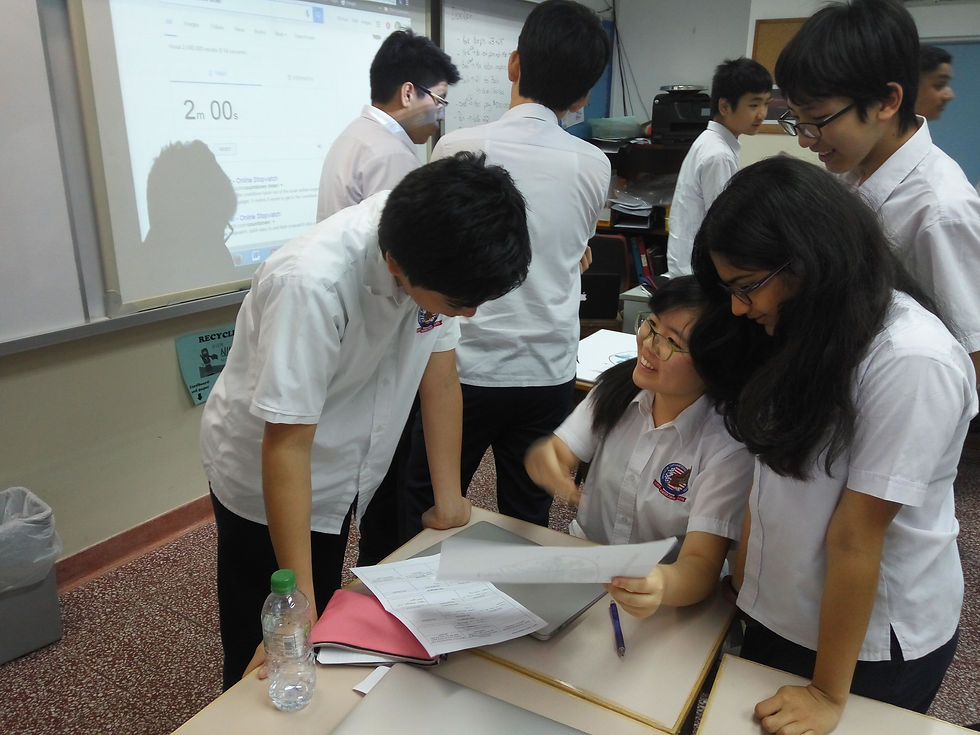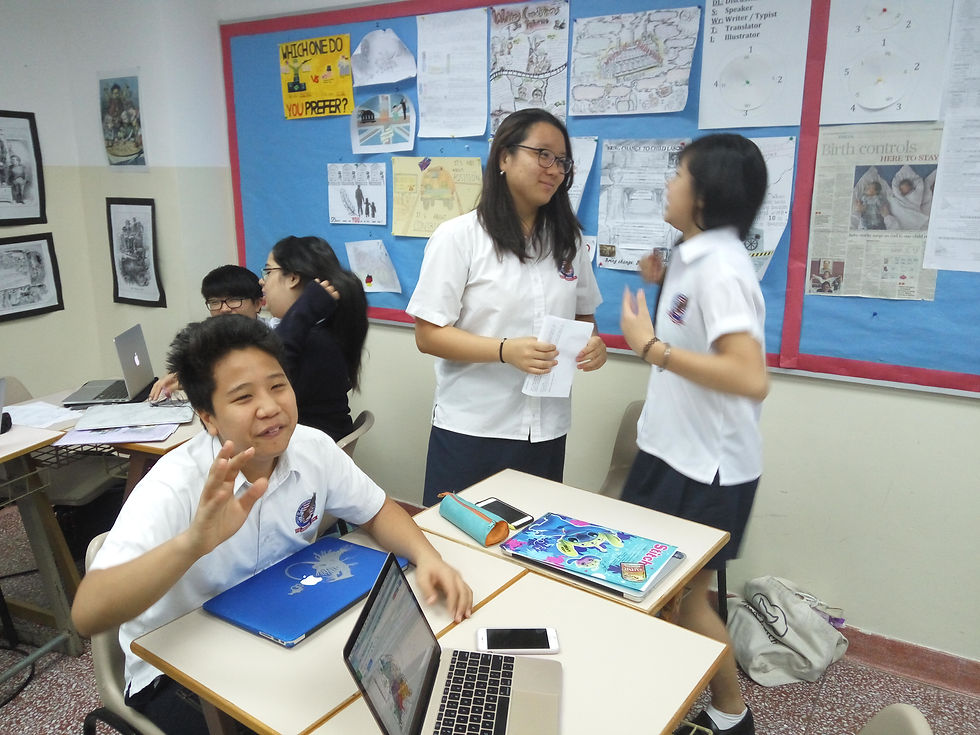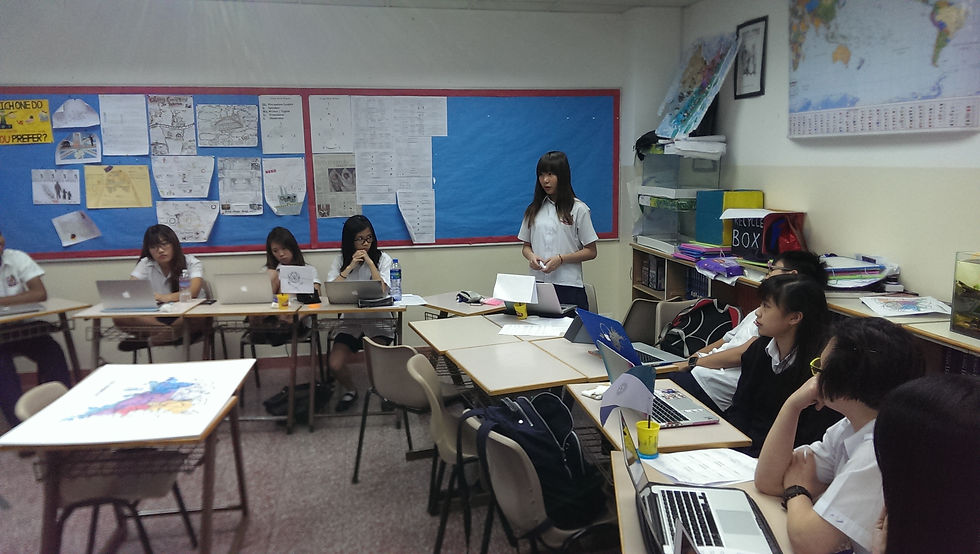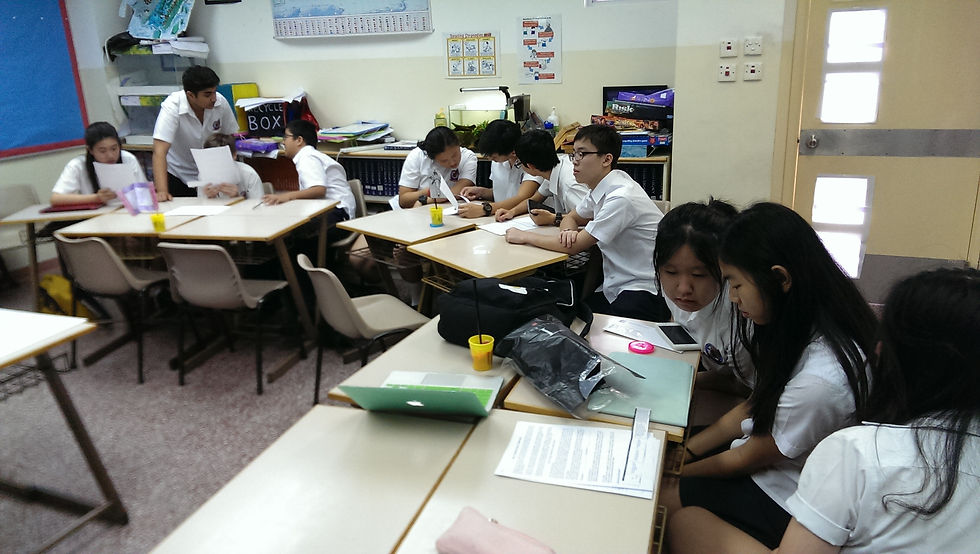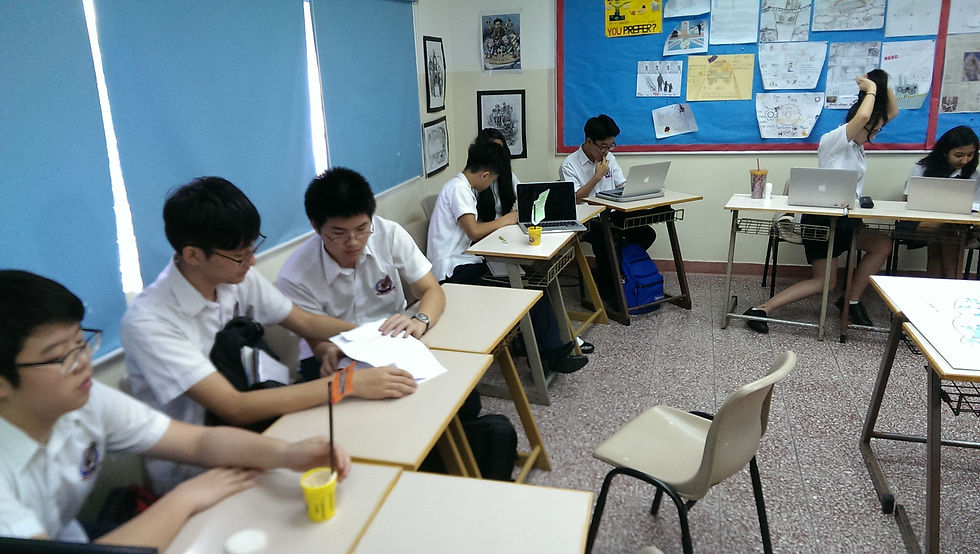Simulations

In this section you can review the simulations that have been completed and the achievements available for them. Most will revolve around the Global Domination Country Simulation, though some are stand-alone. You can also view the technology tree available for your country's development here.
Select the stage from the following menu:
Common Resources | u1s1 | u1s2 | u1s3 | u2s1 | u3s1 | u3s1 (pt 2) | u4s1 | u4s2 | u4s3
Common Resources: Resources Likely To Be Used Throughout the Year
The following files are integral to the ongoing simulation that is the Alconian Continent.
-
The Country Statistics Spreadsheets: Class 01 | Class 02 | Class 03 | Class 04
-
Government Types - Descriptions, Advantages and Disadvantages
-
Click below to view the map of each country with a grid.

Entire Map with Provinces

Bahkan with Provinces

Caldonia with Provinces

Morovia with Provinces

Penland with Provinces

Sandia with Provinces

Yorkton with Provinces
Unit 1 Section 1: Develop an Identity and Country Plan
The following files help create an identity for your country as well as develop a long term plan. By the end of u1s1 each country should have borrowed from the "World Bank", researched specific technologies in the technology tree and invested in them.
Resources Needed (you must be logged into your AIS Gmail to access these files):
-
You will also need the Country Statistics Spreadsheets and Country Images with Grids. These can be found in Common Resources above.
Unit 1 Section 2: Labour Dispute
While the labour dispute this year did not affect the overall country simulation during 2015-2016, it nonetheless provided opportunities for students to score achievement points - specifically for achieving your "confidential" goals. Two sides took part on each team - management and the unions allowing students to see a situation from differing perspectives. This is also an opportunity to understand why unions exist, their relationships with workers and companies, and offer a glimpse into modern day industrial relations.
 |  |  |  |  |
|---|---|---|---|---|
 |  | 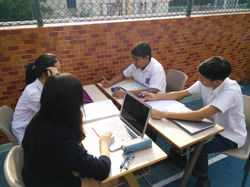 |  |  |
 |  |  |  |  |
 |  |  |  | 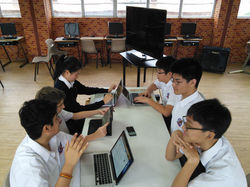 |
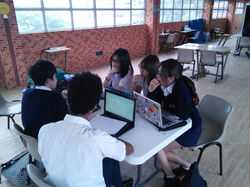 |  |  |  |
Unit 1 Section 3: Economy and Society Focus
As part of our discussions about Capitalism, Socialism and other economic models, students implemented these ideas into their countries. They selected a government type (such as Liberal, Communist, Fascist or even Religious Caliphate!) which reflected their people's history and own personal styles, selected their economic systems (from Laissez-Faire Capitalism to Command Economies and State Capitalism) and looked at various issues such as healthcare (public or private) and the society focus (aristocracy, proletariat or bourgeoisie). These changes impacted their popularity with their people and other issues such as taxation.
Unit 2 Section 1: Kulturkampf
We examined German unification and the subsequent "culture struggle" that gripped Germany in the 1870s and 1880s. In our simulation students selected their religious affiliations (such as monotheism, pluralism or even atheism) as well as other important government considerations such as trade (protectionism or free trade) and whether they engaged in private armed forces or conscription. All selections again affected not only their general income and popularity but technological impact and even the effectiveness of their armed forces. Students have begun to discover just how complicated it can be to run a country and we're starting to know who are the political powerhouses of the Alconian continent.
Unit 3 Section 1: Imperialism
As we learned about the use of Power in the context of European Imperialism, students worked in their countries and gave proposals for control of a ficticious continent known as Chindica.
In order to control their new colonies they needed armies, navies and administration costs to consider. They continue to research and upgrade their countries as well as creating alliances between them.
With all alliances publicly displayed, suddenly everyone has started to look over their shoulders...
 | 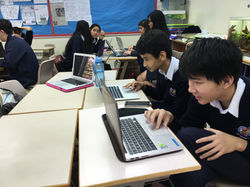 |  |  |  |
|---|---|---|---|---|
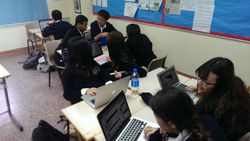 |  |  | 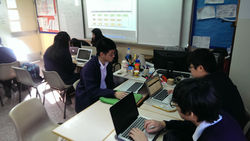 |  |
 | 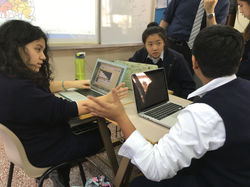 |  |  |  |
 |
Unit 3 Section 1 Part Two: The Penland Conference
Files:
-
HSS1C.01 - Penland Conference Spreadsheet
-
HSS1C.02 - Penland Conference Spreadsheet
-
HSS1C.03 - Penland Conference Spreadsheet
-
HSS1C.04 - Penland Conference Spreadsheet
Students simulated the Berlin Conference whereby European nations carved up Africa between them with scant regard for the natives they would control. Those groups who had a lead on the "Prestige Scale" were called on to arbitrate and end disputes between nations fighting over specific provinces in our ficticious continent of Chindica - though the power had its advantages, students realised that such political power can win friends and create enemies!
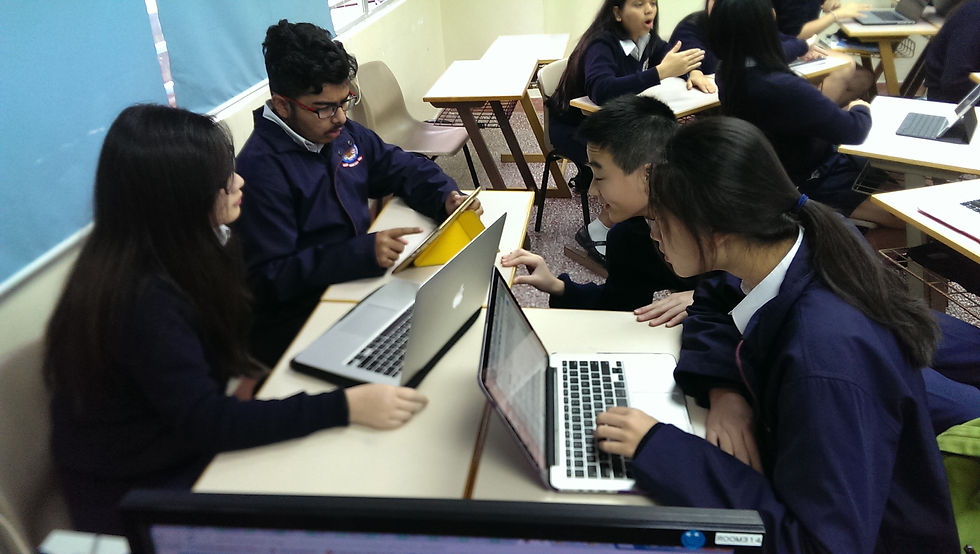



Unit 4 Section 1: War!
Students have finally realised that all of their planning, plotting and strategising has created opposing factions within the Alconian continent. In the same way that Militarism, Alliance, Imperialism and Nationalism served to create rivalries that led ultimately to World War One, each country's actions have similarly polarised the continent. With the assassination of the Morovian Archduke (and in some cases even before this) war has erupted and borders are no longer static lines on maps! The Generals are now in control...










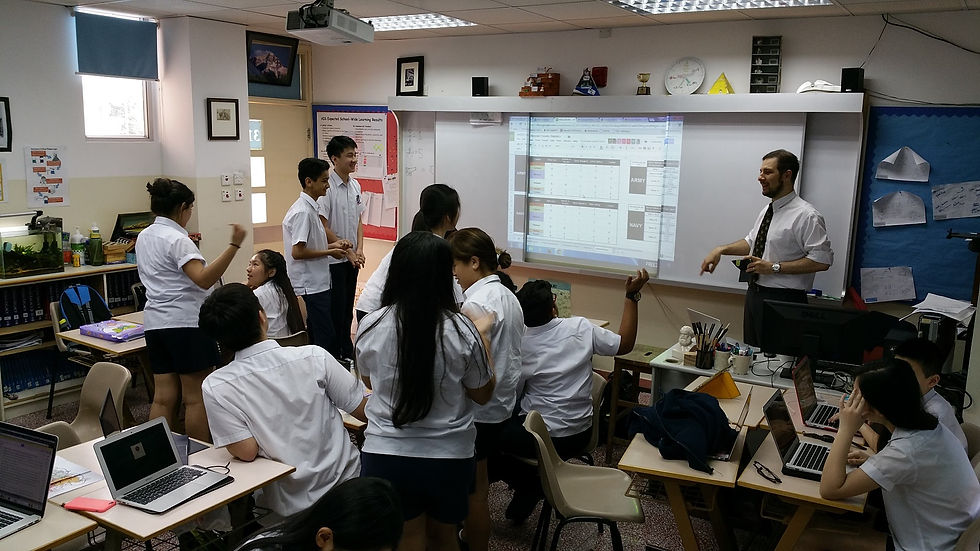































Unit 4 Section 2: Us vs Them
Students went into psychology mode as we discussed what makes people so eager to create in-groups and out-groups. We examined how propaganda used techniques such as promoting fear, guilt, patriotism or strength and unity in order to create these groups.
In an attempt to break down these barriers, students created their own propaganda to promote unity between pre-existing in-groups and out-groups.
 |
|---|
 |
 |
 |
 |
 |
 |
Unit 4 Section 3: Peace Negotiations
As war and year-long simulations come to an end the post-war world is on everyone's mind. In a re-creation of the Paris Peace Conference and subsequent Treaty of Versailles, students hold the Yorkton Peace Conference to vote on the motions raised by each country. As each country has their own agenda, the question is will a consensus be reached on anything or will conflict still linger...?



